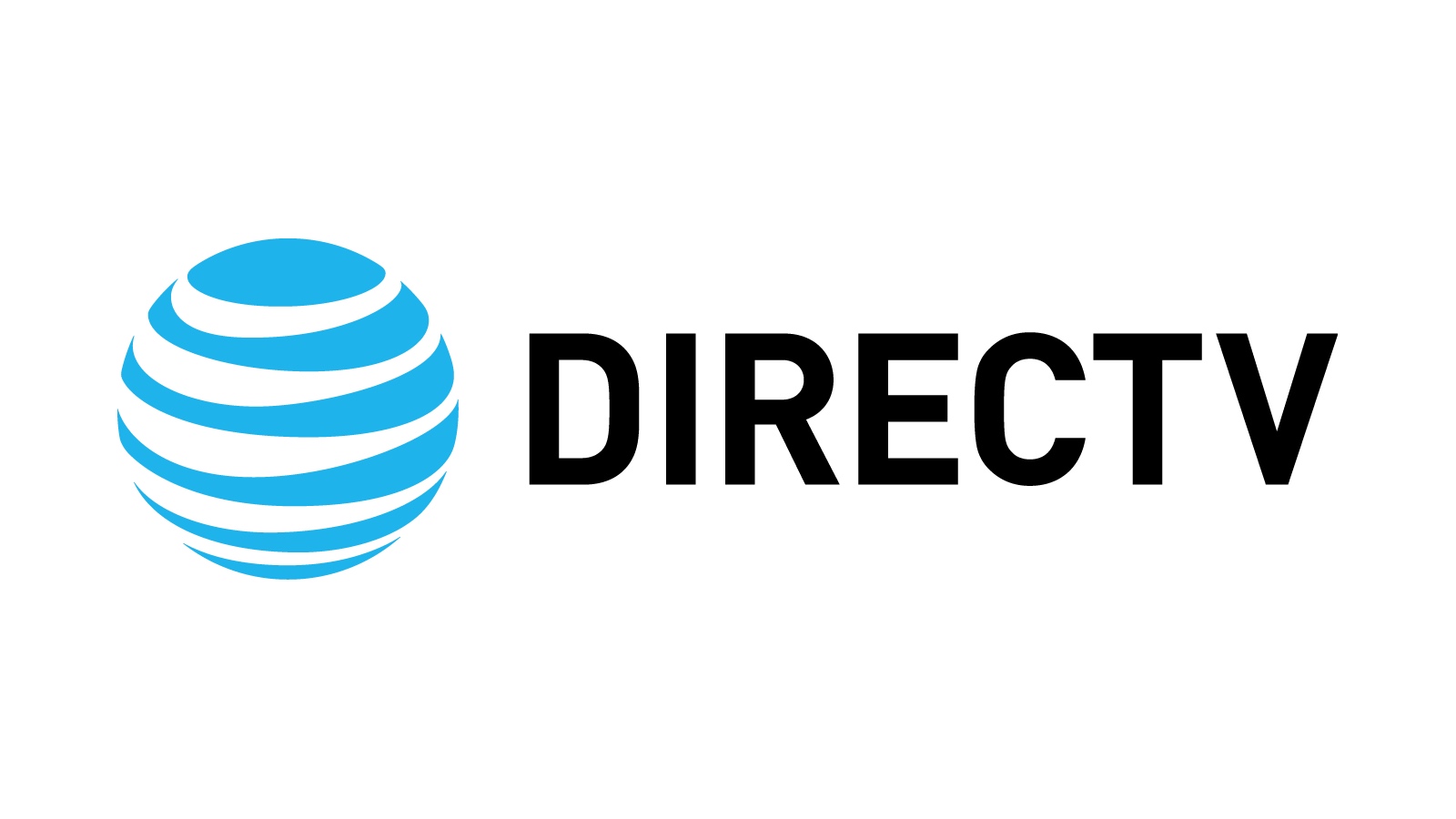Small TV Stations Locked in Retrans Dispute With DirecTV

The smarter way to stay on top of broadcasting and cable industry. Sign up below
You are now subscribed
Your newsletter sign-up was successful
DirecTV is locked in a retransmission consent dispute with 17 small TV stations in 14 markets across the country that have gone dark to the satellite TV giant after attempts to hammer out a deal have failed.
According to DirecTV, stations owned by Deerfield Media, MPS Media, GoCom Media of Illinois, Howard Stirk Holdings, Roberts Media, Second Generation of Iowa, and Waitt Broadcasting went dark Friday, May 31 to DirecTV, Uverse and DirecTV Now customers’ homes.
“We want to get these local stations back into our customers’ channel lineups as soon as possible,” DirecTV parent AT&T said in a statement. “But by law, each of their owners, who are represented collectively, has exclusive control over their carriage rights.”
Related: DirecTV Now Drops NFL Network
Stations involved in the blackout are scattered across the country in cities like Rochester, New York; Flint, Michigan; Eugene, Oregon; and Myrtle Beach, South Carolina and include one ABC, one CBS, four NBC, four Fox, six The CW, one MyNetwork TV affiliates and one independent.
According to several of the stations affected, their respective retrans deals expired on March 31, but continued to be available to the satellite giant’s customers through extensions. Two of the station owners — Howard Stirk Holdings and Roberts Media — said they offered DirecTV an unconditional extension earlier this week, but were rejected.
“WEYI-TV [Howard Stirk Holdings’ Flint, Michigan NBC affiliate] regrets the inconvenience this will cause to AT&T/DirecTV subscribers who want to continue to watch the extremely popular programming that airs on WEYI-TV,” WEYI said in a statement on its website.
The smarter way to stay on top of broadcasting and cable industry. Sign up below
On its website, KMTR, a Eugene, Oregon NBC affiliate owned by Roberts Media, said they too regretted the inconvenience to customers, adding that they could continue to receive programming through other means.
“The station wishes to remind these subscribers that numerous other means exist for receiving the station, including, Dish Network and local cable TV providers,” KMTR said on its website.
AT&T claimed that the stations refused to negotiate, instead opting to go dark as a group.
“We share our customers’ frustration since these owners have refused to negotiate with us and instead unilaterally removed their stations simultaneously,” AT&T said in a statement. “We continue to ask each of these owners to allow our customers to watch while we work this matter out privately. We need their permission to bring their stations back. Yet some have also disconnected their most loyal viewers before.”
“The fact is anyone can now watch all of the same shows for free over the air and, often, via their broadcast network websites or mobile apps,” AT&T continued. “Customers have sent a clear message. They don’t want to keep paying more for channels they don’t care as much about anymore. They deserve more choice over which channels they want to pay for, and the freedom to decide where, when and on what device they can watch their favorite programs.”
Many of the stations were formerly owned by Sinclair Broadcast Group and are still operated by the company through separate shared services agreements. According to sources, many of the stations have hired former Nexstar Broadcast Group exec Duane Lammers, now head of MAX Retrans, to negotiate their deals.
